Why has demand for a survival course rocketed on the Costa del Sol?: 'Everyone should undergo training like this, because difficult times are bound to come and you have to be prepared'
The training course with Anaconda 1 in Ojén near Marbella lasts four days during which the students have to make their own shelter and scavenge for food
Director of the Anaconda I training camp Pepe Ogalla says that interest in his survival course has increased since the blackout on 28 April and with the current military conflicts. "Everyone should undergo training like this, because difficult times are bound to come and you have to be prepared," he told SUR.
Making a fire with two wooden sticks, extracting water from plants, subsisting on the food available in the environment or building a shelter for the night in the middle of the mountain are some of the lessons that students who sign up for these courses take away with them. Above all, they learn "how to manage fear" in order to face extreme situations. The students "also learn humanity, values and leadership". It is not about military training but about teaching how to survive in the wilderness. According to Ogalla, more than 70% of what is needed to survive in an adverse environment is psychology.
Civilian training
More than 20 years ago, Pepe Ogalla began to train military personnel, which he still does on a regular basis. However, he felt the need to adapt this training to civilians as well, so now he and his team train people on a rugged estate in the Ojén, part of the Sierra Blanca, from where military and state security forces often pass.
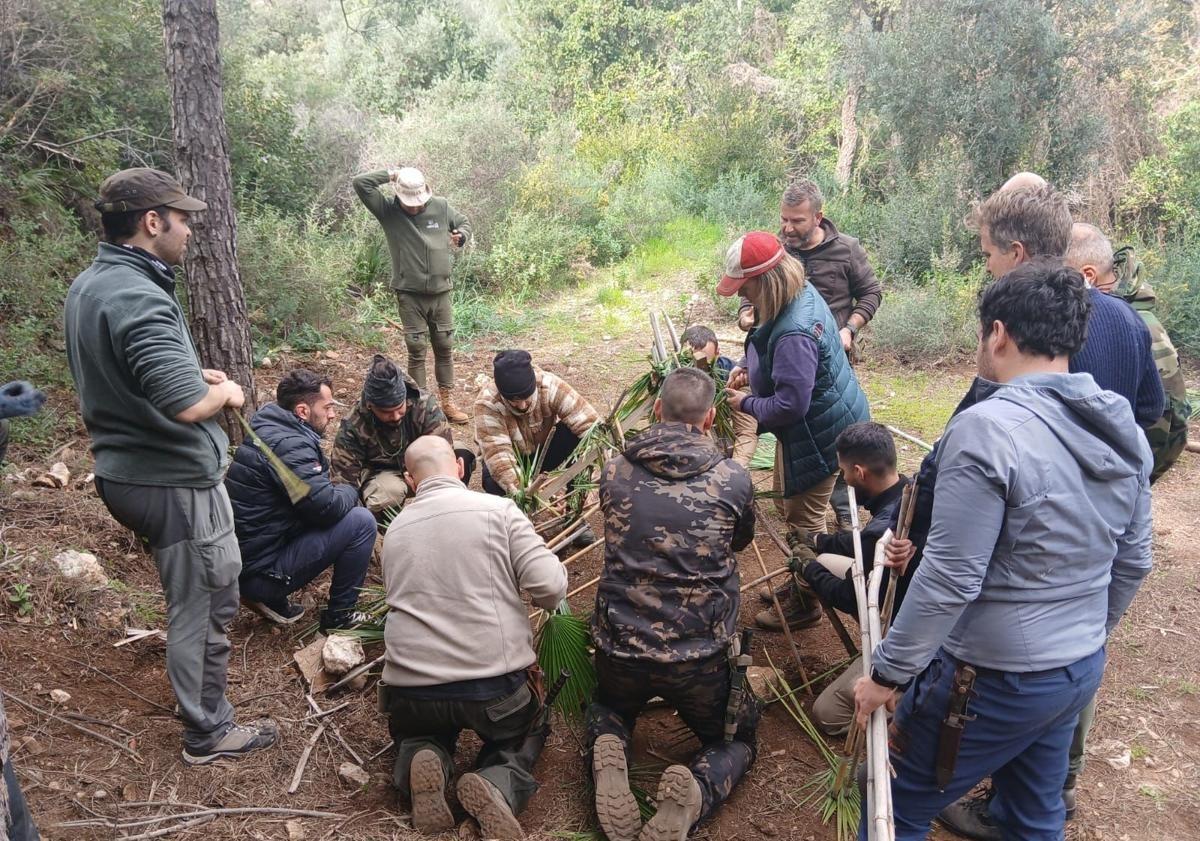
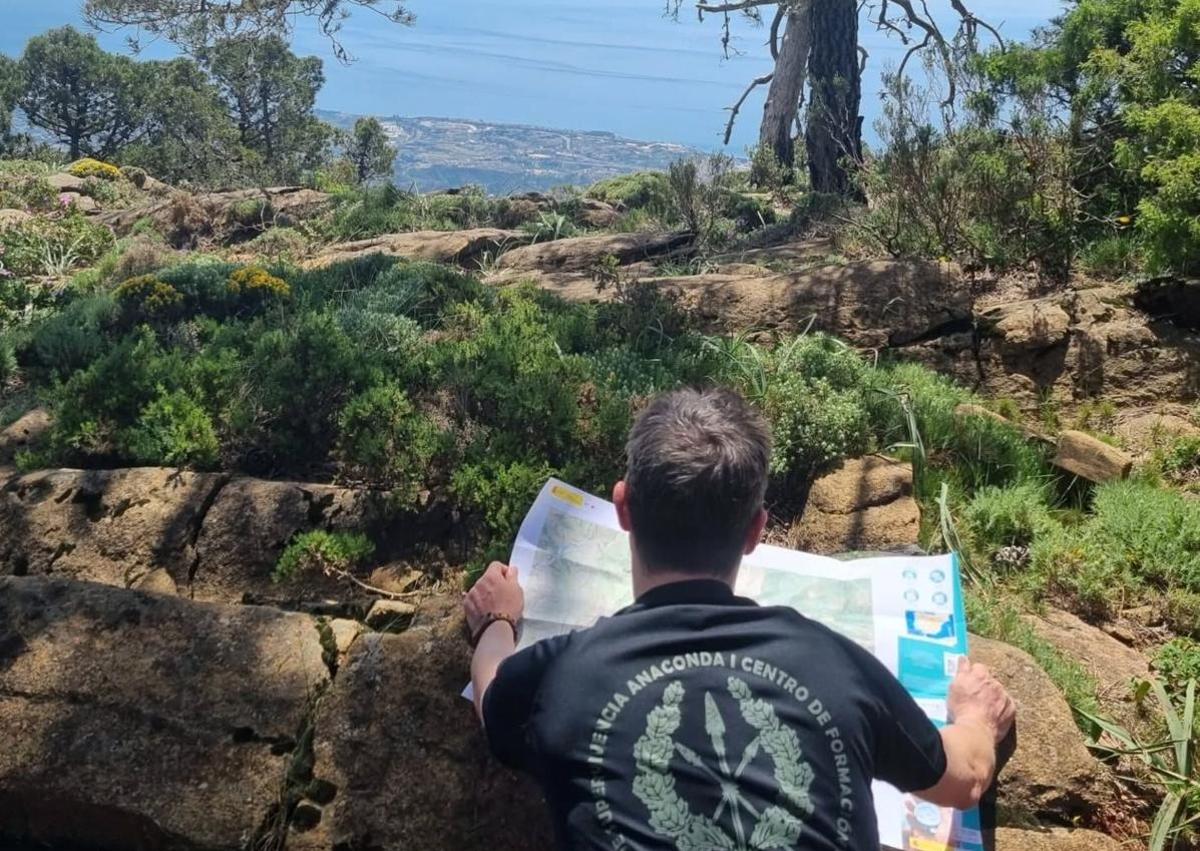
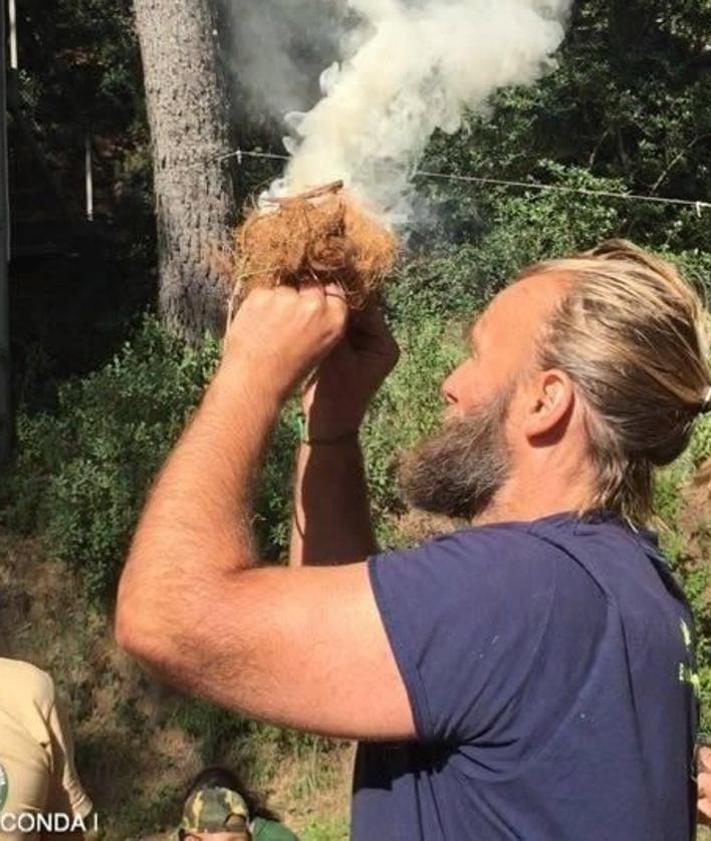
Pepe is concerned about the dependence on technology that all generations have, especially the younger ones. "The first thing we do is take away their mobile phones, which provokes many reactions of doubt as to whether to keep going," he says. Each student is given ten minutes on each of the four days of the course to contact family and work. The rest of the time they are immersed in the mountains. "When they finish the course and have disconnected from technology for four days, many of them thank me because they say they feel cleansed," Ogalla says.
During his long career, he has lived with many different tribes and each has taught him something. From his early years in Tangier, where he was born, to the present day, he has learned from people how to adapt to what is in the environment.
Some people may feel like these courses are exaggerated, but Pepe Ogalla speaks from experience. On several occasions, he has gone to Ukraine during the war with Russia to perform mine clearing work. "I've seen kids in their twenties having a very hard time in panic situations that block them to the point that they throw themselves to the ground and it's difficult to even pick them up," he says.
Save lives
The various survival resources taught at this school could save lives, including those of hikers who get lost in the mountains in the province of Malaga. Many have died from hypothermia, as they "are overconfident and not well-equipped". "You need knowledge of the environment, which generates skills and experience and, with emotional control, helps you survive," Ogalla says.
The Anaconda school insists on four vital pillars of survival: food, fire, water and shelter. A poncho, a candle, a neck knife or a magnifying glass can be fundamental elements. Even a whistle, which is very useful to be rescued in time. "The first thing that runs out is the mobile phone battery," said Pepe Ogalla.
The last course for civilians took place in May. The next one is in September. During the summer, Pepe Ogalla trains military personnel or participates in the humanitarian aid effort at a hospital in the Amazon jungle in Brazil, next to the Xingu river. In the meantime, those who wish to take part in the training courses starting in September can contact the school via telephone, social media or the website.
Of the more than 4,500 military and civilian students he has had at his school, "only two have dropped out" - two young men, "one from a very wealthy family and the other very spoilt by his mother and having lived a sheltered life". Pepe believes new generations are being over-protected. This is clearly reminiscent of the famous phrase that states that "hard times create strong men, strong men create good times, good times create weak men, and weak men create hard times".
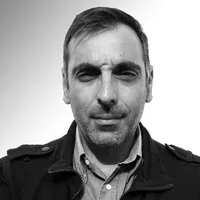
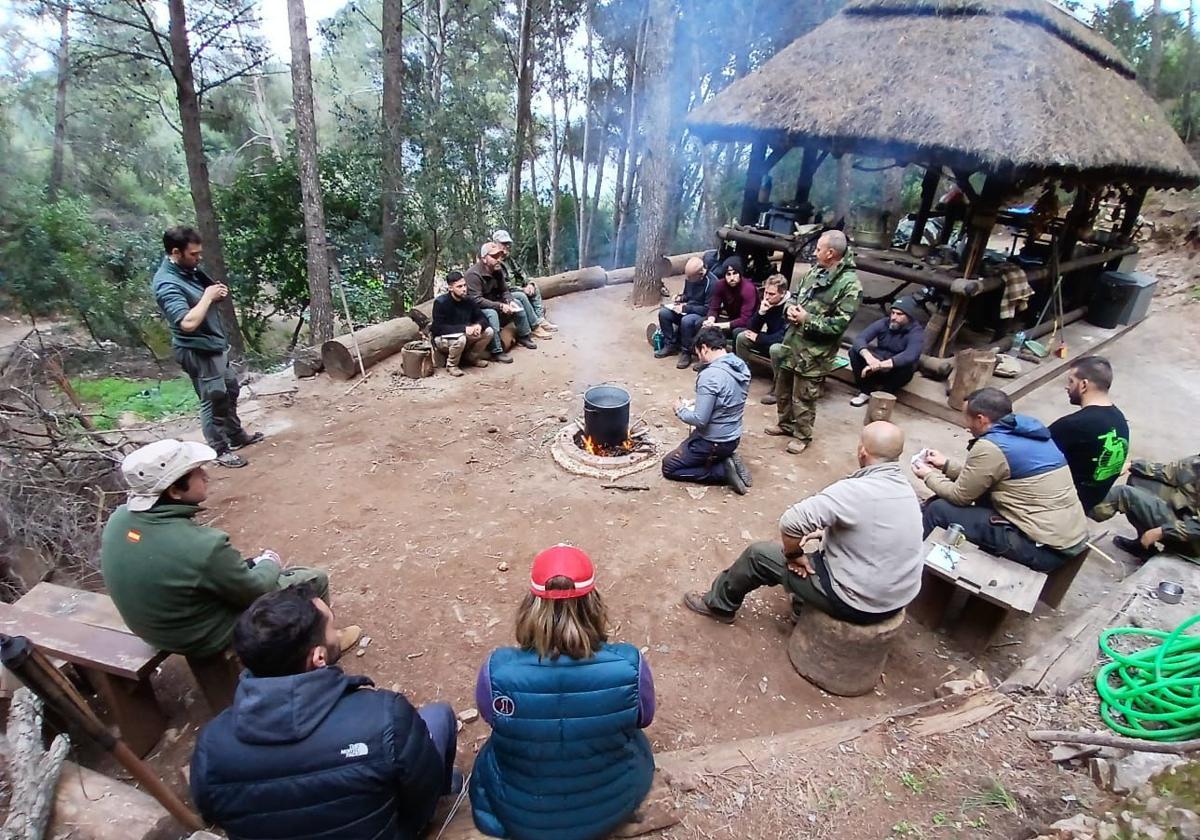

Comentar es una ventaja exclusiva para registrados
¿Ya eres registrado?
Inicia sesiónNecesitas ser suscriptor para poder votar.